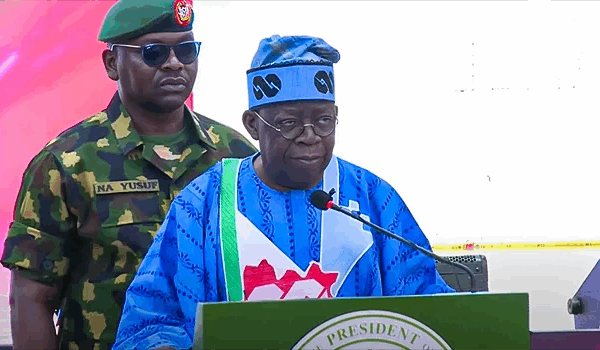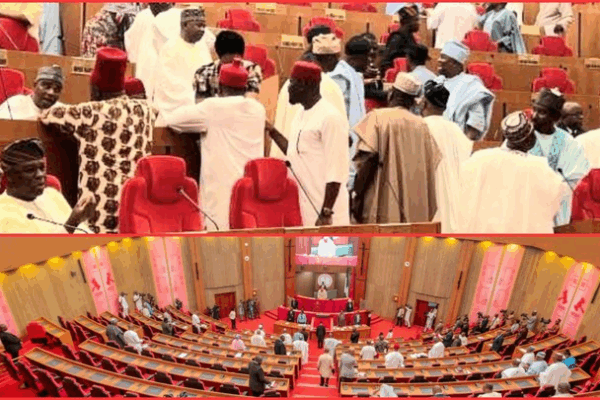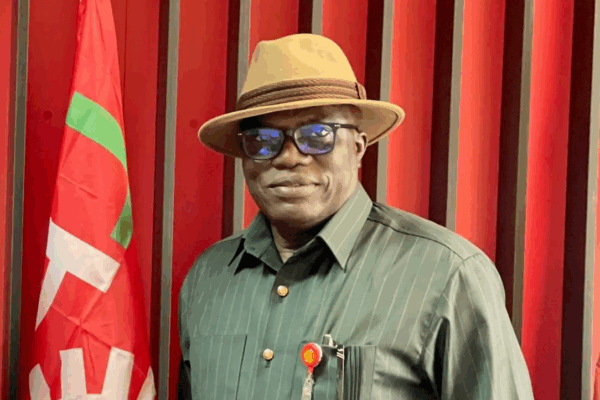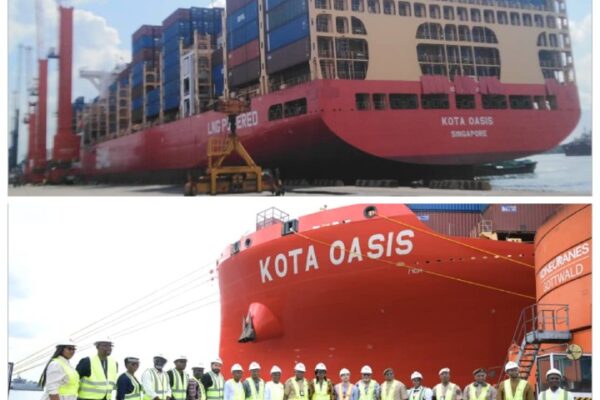
Tinubu Mocks Opposition Over 2027 Coalition Talks, Labels Them Political IDPs
President Bola Ahmed Tinubu has dismissed ongoing efforts by opposition leaders to form a coalition against him ahead of the 2027 presidential election, describing those involved as “political IDPs” — internally displaced politicians. Speaking during a one-day working visit to Nasarawa State on Wednesday, Tinubu urged his supporters to ignore the coalition plans, claiming that the opposition figures are only plotting their own political downfall. “Just don’t pay them any attention. They are the political IDPs. Don’t give them a home. The hope is here,” the President said while commissioning multiple projects across the state. Tinubu also commended Governor Abdullahi Sule for what he termed impressive development efforts, assuring him of continued federal support to foster growth in the state. During the visit, Governor Sule appealed to the President for accelerated oil and gas exploration in Obi Local Government Area, where over a billion barrels of hydrocarbons were reportedly discovered in 2023. He emphasized the potential of transforming Nigeria into a major refining hub, similar to Saudi Arabia, through integrated oil and gas development. Meanwhile, political realignments are gaining momentum as key opposition figures, including former Vice President Atiku Abubakar, Labour Party’s Peter Obi, and former Kaduna State Governor Nasir El-Rufai, are reportedly in talks for a unified front in 2027. Last month, Atiku’s spokesperson, Paul Ibe, confirmed ongoing consultations during a live interview on Politics Today.








